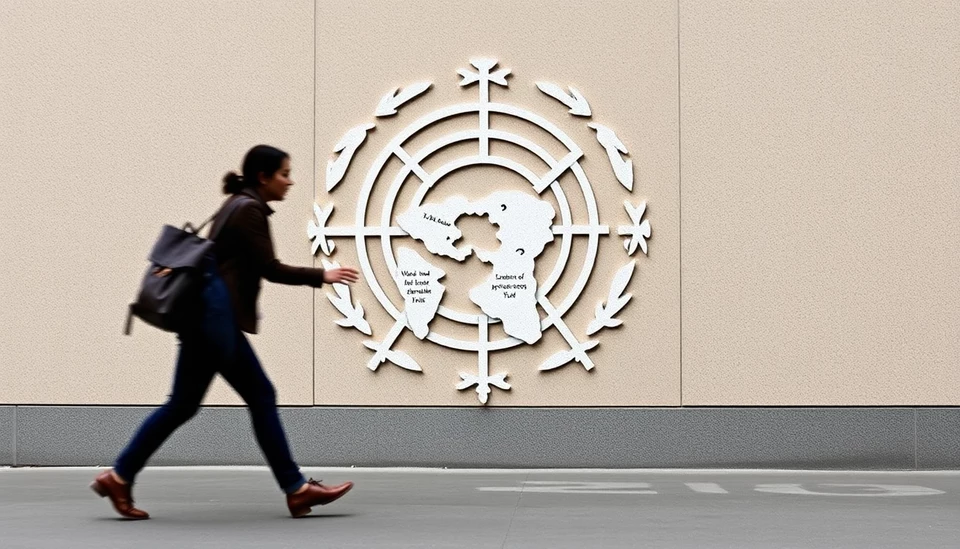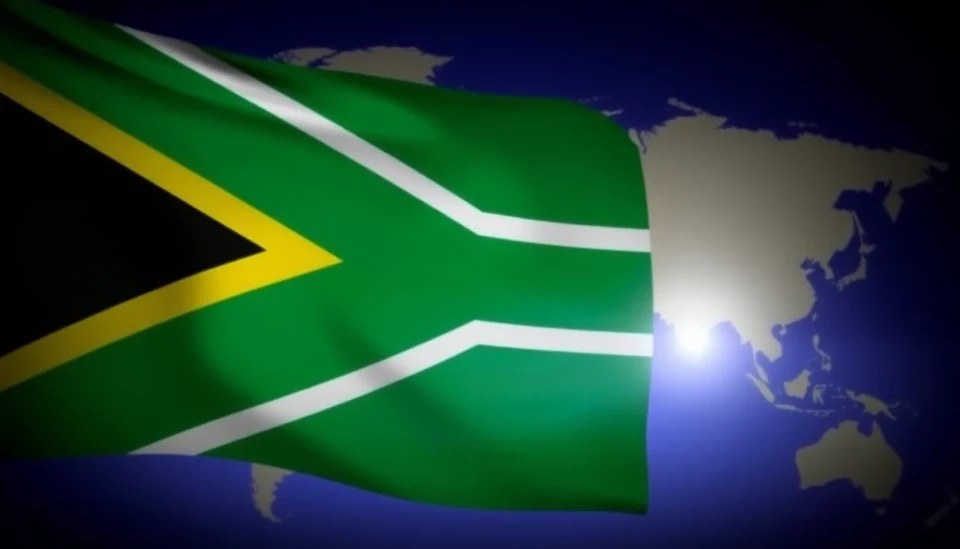
In a distressing development for emerging markets, the pressure is intensifying on the International Monetary Fund (IMF) as several nations struggle to meet their debt commitments amidst a challenging economic landscape. The situation has raised alarms about the potential for broader financial instability that could have far-reaching consequences, both regionally and globally.
The growing debt burden faced by many countries has been exacerbated by a combination of rising interest rates, soaring inflation, and sluggish economic growth. With the pandemic's economic fallout still being felt, numerous emerging economies are finding it increasingly difficult to manage their repayment schedules. As a result, these countries are appealing for assistance, putting additional pressure on the IMF to formulate strategic interventions.
A critical concern is that defaults on debt repayments in these regions could trigger a domino effect, not only affecting the countries involved but also impacting global markets. Investors are keeping a close eye on these developments, as the interconnectedness of economies means that instability in one area can ripple through to affect others.
The IMF has traditionally played a pivotal role in providing financial support to nations facing economic turmoil. However, the latest events underscore a growing call for reform within the institution to better address the evolving challenges of the current economic climate. Policymakers and economists are urging the IMF to be more proactive and flexible in its approach, adapting rapidly to the urgent needs of vulnerable economies.
One of the major issues at hand is the IMF's capacity to provide adequate financial resources in a timely manner. Many countries have expressed frustration with lengthy and complex approval processes, which can delay critical assistance when it is needed most. The demand for IMF intervention has become increasingly vocal as nations grapple with the mounting pressures of their economic situations.
To mitigate the impending crisis, countries are exploring various strategies, including restructuring their debt, seeking bilateral aid, and implementing measures to bolster their fiscal positions. However, the lack of a coordinated global response raises concerns about the effectiveness of these strategies, particularly in a fragmented international economic landscape where cooperation seems limited.
As the situation unfolds, the IMF faces the dual challenge of ensuring its resources are effectively mobilized while also navigating the political complexities that come with international aid. The coming months will be critical as emerging markets continue to navigate their treacherous waters, making it essential for stakeholders to assess the potential outcomes of the ongoing economic stressors.
Looking ahead, analysts anticipate that the IMF will not only need to review its financial frameworks but also rethink its engagement strategies in emerging markets. The success of these efforts will be paramount for maintaining global economic stability and supporting nations in their recovery from the significant downturns caused by the pandemic and other global economic pressures.
#EmergingMarkets #DebtCrisis #IMF #GlobalEconomy #FinancialInstability
Author: Laura Mitchell




